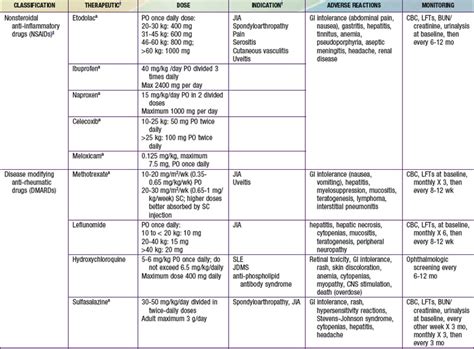The 2021 update of the American College of Rheumatology (ACR) guidelines for the treatment of rheumatoid arthritis marks a significant advancement in managing this chronic condition. These guidelines provide comprehensive recommendations for the use of disease-modifying antirheumatic drugs (DMARDs), including conventional synthetic DMARDs, biologic DMARDs, and targeted synthetic DMARDs. Additionally, they address the use of glucocorticoids and the management of RA in high-risk populations, such as those with liver disease, heart failure, and lymphoproliferative disorders.
A notable aspect of the ACR’s 2021 guidelines is the emphasis on individualized treatment plans. This approach allows for dose escalation of DMARDs, assessment of the need for short-term bridging treatment with glucocorticoids, and monitoring for drug tolerability and side effects. The guidelines also stress the importance of patient support and adherence to treatment regimens.
Analgesic treatment recommendations are also included, providing a holistic approach to pain management in rheumatoid arthritis. Furthermore, the guidelines highlight the evolving understanding of the risks associated with long-term glucocorticoid use, even at lower doses.
The ACR’s guidelines are developed with the intent to guide healthcare professionals based on the best available evidence. However, it’s crucial to note that these guidelines may not be applicable in all situations, as factors like the availability of specific treatments and the patient’s overall condition play a significant role.
For more detailed information, readers can refer to the full guideline published in “Arthritis Rheumatol” ([Arthritis Rheumatol]), the American Academy of Family Physicians’ summary ([AAFP]), and the Arthritis Foundation’s treatment guidelines ([Arthritis Foundation]).

The updates reflect the latest research and trends in rheumatology, offering a more effective and safer approach to managing rheumatoid arthritis. These guidelines are a testament to the continuous efforts in improving patient care in the field of rheumatology.


